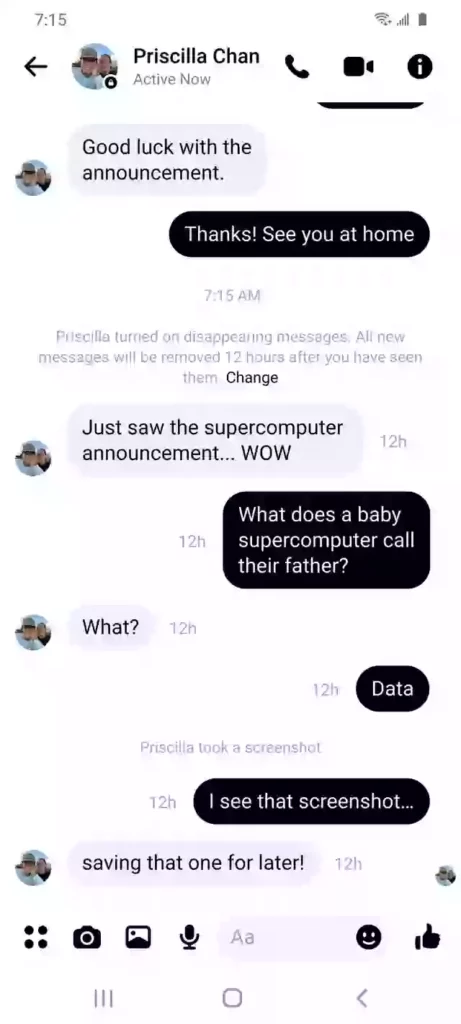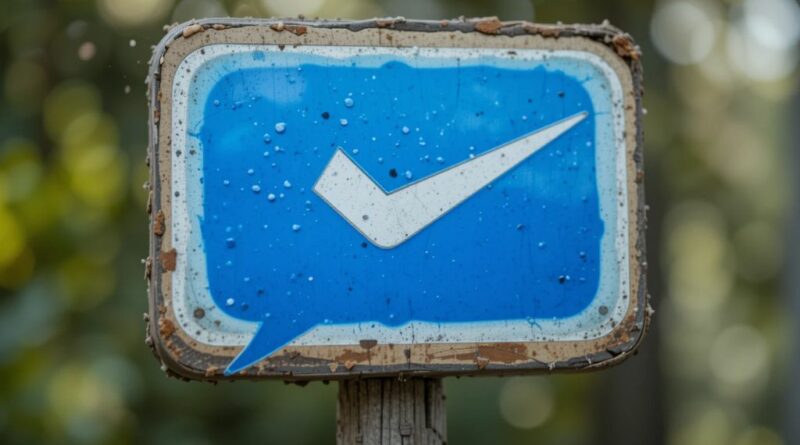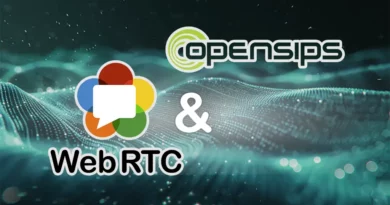Zuckerberg: “Do Not Screenshot Chats”
In an age where privacy feels increasingly elusive, Mark Zuckerberg has issued a stern warning to Facebook Messenger users: don’t screen-shot your chats—or at least, don’t expect it to go unnoticed if you do. This directive ties into a 2022 update to Messenger’s end-to-end encrypted chats, introducing a feature that notifies users when someone captures a screen-shot of a disappearing message.
The Warning That Shook Messenger
Zuckerberg unveiled the update on his own Facebook profile, stating, “New update for end-to-end encrypted Messenger chats so you get a notification if someone screen-shots a disappearing message.” He paired it with a playful exchange with his wife, Priscilla Chan—where she screenshot his quip about a supercomputer—driving home the feature’s intent. Disappearing messages, which vanish after a set time, now come with this alert, ensuring senders know when their words linger longer than intended.

For years, users have relied on the app for everything from heartfelt confessions to silly GIFs, often assuming privacy was a given. Now, with screenshot notifications, every capture carries consequences. Curious about how it works? Our guide to Messenger’s disappearing messages breaks it down. Simply put, it’s a feature that could either protect secrets or spark digital drama.
Snapchat: The Original Disappearing Act
The story begins in 2011 with Snapchat, the brainchild of Evan Spiegel, Bobby Murphy, and Reggie Brown. Snapchat didn’t just invent disappearing messages—it turned them into a cultural phenomenon. With snaps that vanished after viewing and screen-shot alerts to boot, the app gave users unprecedented control over their digital lives. By 2013, its popularity soared, prompting Zuckerberg to offer $3 billion to buy it—an offer famously declined. Learn more about Snapchat’s rise and how it reshaped social media.
Rebuffed, Zuckerberg pivoted. Instagram Stories arrived in 2016, a blatant Snapchat clone, followed by “Vanish Mode” across Messenger and Instagram in 2020. The 2022 Messenger update, with its screen-shot warnings, feels like the final chapter of this homage. For those searching “Mark Zuckerberg disappearing messages”.
Why the Warning Matters Now
Why push this feature in 2025? Privacy is the buzzword. After years of data scandals—from Cambridge Analytica to ad-tracking controversies—Meta is under pressure to rebuild trust. The shift to end-to-end encryption in Messenger, paired with playful extras like stickers and reactions, was a start. Now, the screen-shot alert adds a layer of transparency.
This isn’t just about tech; it’s about psychology. Screen-shot a disappearing chat, and the sender knows. It’s a deterrent to betrayal—or a nudge to rethink what you share. Want to explore the ethics of screen-shotting? A piece on digital trust in 2025 dives into the debate.
User Reactions: Love, Loathe, or Laugh?
Reactions have been predictably varied. Privacy buffs cheer it, with one user noting, “Finally, a way to keep my chats mine!” Others grumble, “Great, now I’m the bad guy for saving a meme.” A crafty few bypass it entirely, joking, “I’ll just photograph the screen with my other phone.”
Snapchat fans see déjà vu. That app’s screenshot alerts were a quirky flex—proof your snap was worth keeping. Messenger’s take, tied to encryption, feels more serious. Dig into the differences with our comparison of Snapchat vs. Messenger features.
A Broader Trend in Social Media
Zuckerberg’s warning fits a pattern. WhatsApp, Meta’s other jewel, has long boasted encryption, while rivals like Signal and Telegram thrive on privacy-first promises. Disappearing messages, once Snapchat’s gimmick, are now everywhere. For Meta, it’s a dual play: match competitors and mend a battered reputation.
The Takeaway: Screen-Shot at Your Peril
As of 27 March 2025, Zuckerberg’s position seems clear: Meta remains committed to balancing data procurement with user privacy. Whether you’re a casual user or a privacy advocate, the screen-shot notification changes the stakes. It’s a tip of the hat to Snapchat, a bid for trust, and a challenge to share smarter. Next time you’re tempted to screen-shot, think twice—the ping might not be worth it.
We’d love your comments on today’s topic!
For more stories like this one, click here.
Thought for the Day:
“Kindness is one thing you can’t give away. It always comes back.” — George Skolsky



